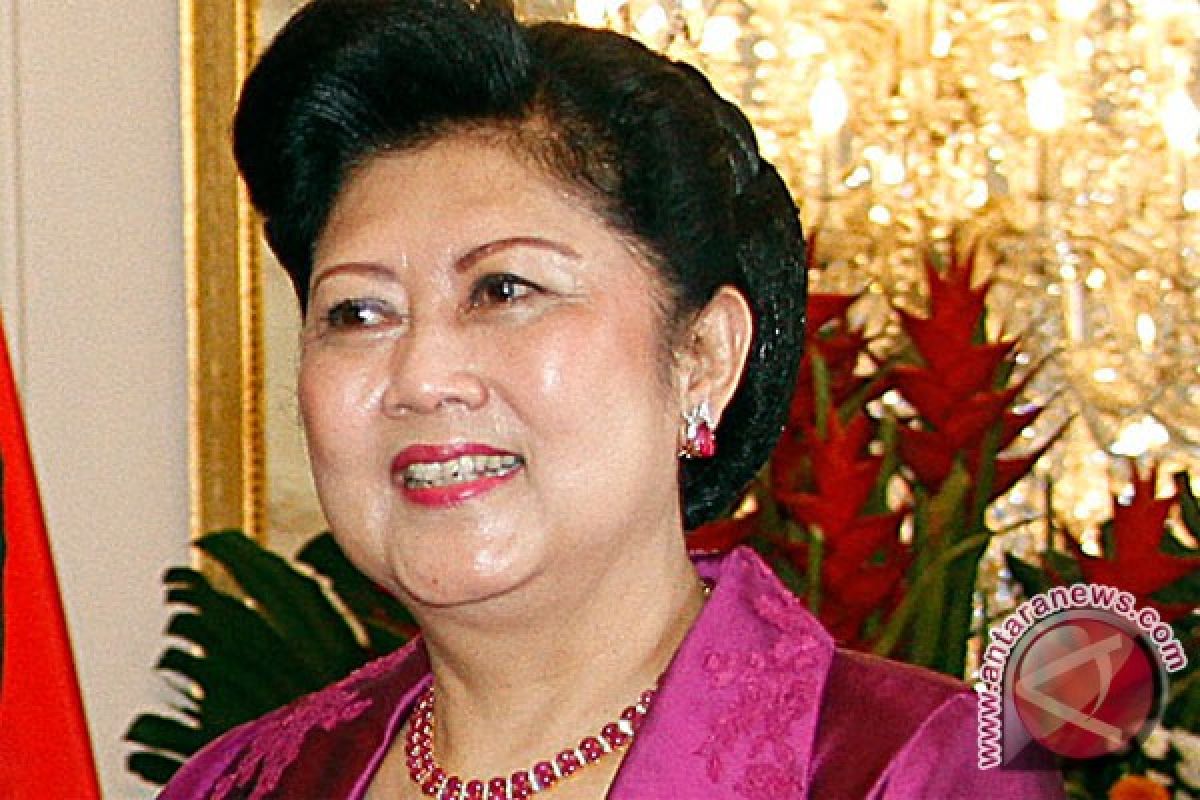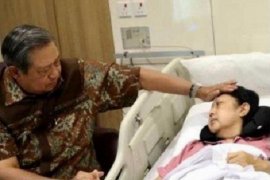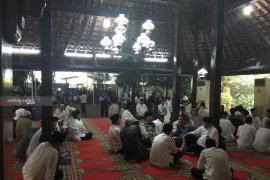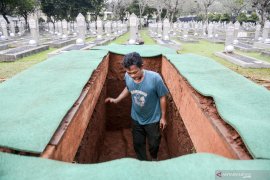"All women should change the paradigm on cervical cancer. Especially those who see a doctor only when they feel sick must be proactive now," she said here on Thursday at the launch of a women`s movement against cervical cancer.
The ailment which is actually curable, become deadly because women are reluctant to undergo early detection tests, the First Lady said.
Cervical cancer was the second biggest killer of women after breast cancer in Indonesia, she said.
"For more than 40 years, cervical cancer has haunted Indonesian women. Change your life style, care for your fellow women," she said.
Cervical cancer which has earned the nickname of "silent killer" can be cured if it is detected early through the screening methods known as Pap smear and Iva (Visual Inspection with Acetic Acid).
Health Minister Endang Rahayu Sedyaningsih said cancer is the second largest non-contagious deadly disease, after heart disease in the world, according to WHO data in 2005.
At least 12 million suffered from cancer, and 7 million of them had died of the disease, she said.
It is predicted that by 2030 there will be 26 million cancer sufferers, and 17 million of them would die.
"The health ministry together with other stakeholders are formulating a five-year national cancer control plan and strategy," she said.
The University of Indonesia (UI) and state oil company PT Pertamina on the occasion signed an agreement on cooperation in the familiarization of breast and cervical cancer screening.
Pertamina would provide assistance for the training of 675 paramedics, 1,100 public information women, and screenings of 15,000 women.
Women account for around 50 percent of Indonesia`s population of almost 238 million.
Around 200,000 cases of cervical cancer are recorded in Indonesia annually, according to data released by by the health ministry.
The incidence of cervical cancer in Indonesia is 100 cases per 100,000 women per year. In more than 70 percent of the cases, patients only seek medical help after the disease has reached an advanced stage and about 270 thousand women die of the ailment annually.
(Uu.F001/HAJM/O001)
Editor: Priyambodo RH
Copyright © ANTARA 2011











